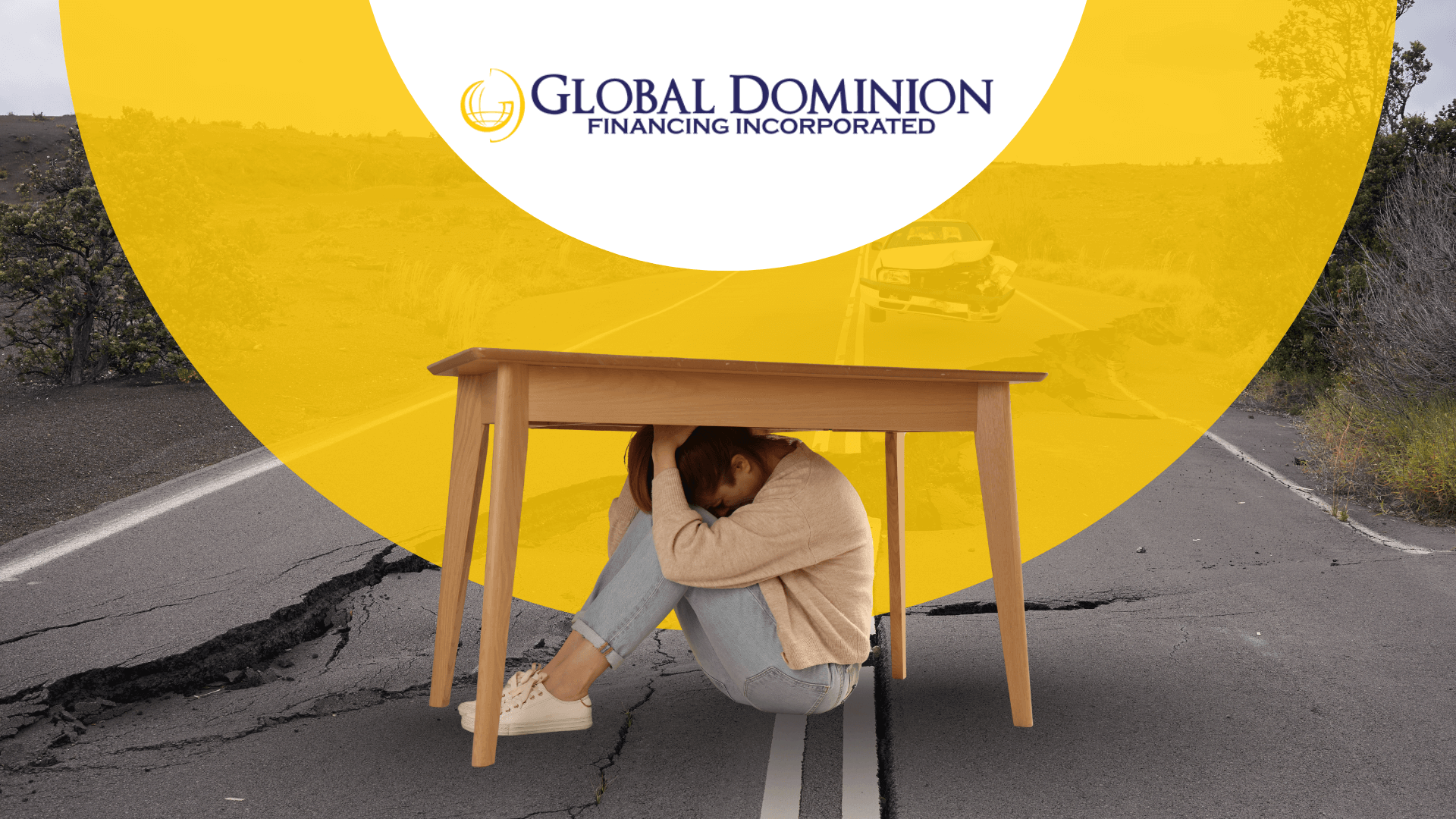What are the Factors Affecting Capital Investment Decisions?

Financial decisions, especially when running a business, impact the future of the company. To ensure the survivability of the business, funds are allocated in different but balanced assets. Each one has a purpose and carefully studied, but all serve either the short-term or long-term goals of the company.
To better illustrate it, here are the factors affecting capital investment decisions of a business:
What is an Investment Decision?
Investment decision can either be short-term or long-term. The short-term type is also known as working capital decisions that deal with the day-to-day operations of a business. Examples are receivables, cash standing, and inventory.
On the other hand, long-term type, also known as capital budgeting decisions, deals with the bigger picture and can make or break a business. Whether as a loan or expenses straight from the company funds, it entails big investments that are crucial, costly, and sometimes permanent. Thus, these decisions should undergo an analysis as it affects the finances of the company.
Types of Capital Investment Decisions
Below are business decisions made:
Business Expansion
Capital investment decisions always aim for the growth of the business. Growth means wider influence, larger operations, and also, expansion of properties or facilities. Acquiring additional fixed assets due to
careful considerations signals a positive direction to the company.
Equipment Replacement
Equipment wears out after long years of use and eventually serve no purposeful to the company. It may even the cause of delay in the operations. These outmoded assets such as machines, platforms, and
tools need to be replaced to either maintain or improve business productivity.
Renewal or Upgrades
Trade and commerce are both dynamic. New products, services, business approaches, and brands keep coming into the industry. Businesses should be able to cope with the changing environment through innovation. It includes rebuilding, upgrading, retrofitting, and overhauling the existing assets – all of which can help to generate more profit and optimize business performance.
Factors Affecting Capital Budgeting Decisions
Cash flow budget
It’s important to know how much money enters and leaves the business in a period deemed necessary for analysis. The data determine the areas in the operation needed to be studied further, the financial
standing of the company, and the capability of the company in getting upgrades or new equipment purchases.
Rate of return
The rate of return (RoR) refers to the profit of the investment over a specified time. The changes in the investment value – the net gains or losses – are expressed as a percentage of the initial cost. There
should be an expected return and risk to watch out for from the proposal.
Fiscal policy and legal mandates
Business upgrades or expansion should be carried out within the laws as to prevent issues and losses in the future. Review the tax obligations and incentives that can be helpful in carefully coming up with investments.
Competitor strategies
Always include the strategies of your competitors in the data to make an informed business decision.
Opportunities out of the technological changes
The economy has entered the transitory phase of the digital age, where almost all processes are done at a faster speed yet with high accuracy. You should be familiar with the changes in the industry brought by technology and research development, and you should also have foresight on how you can use them to your advantage or avoid the possible pitfalls.
Market forecast
It’s a no-brainer that the market should be monitored to learn about opportunities that will help the business grow or stay afloat amid possible concerns.
The management outlooks
All investment decisions should be made with the board or authorities deemed to have a say with your business.
Other non-economic factors
These factors may refer to the welfare of the workforce, goodwill of the company, and urgency of the project.





